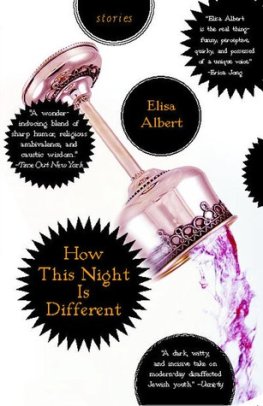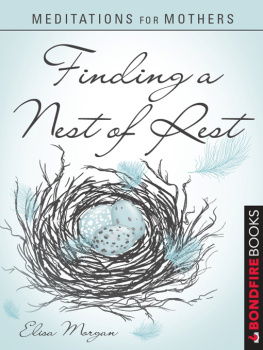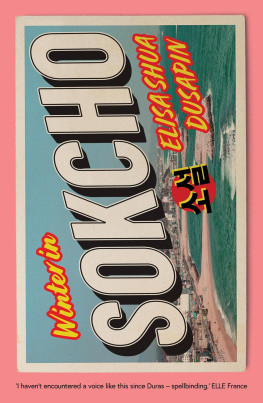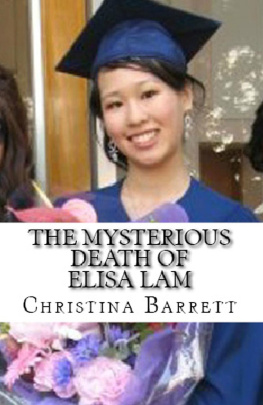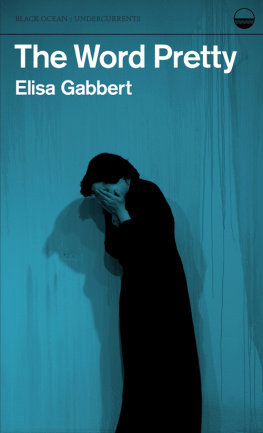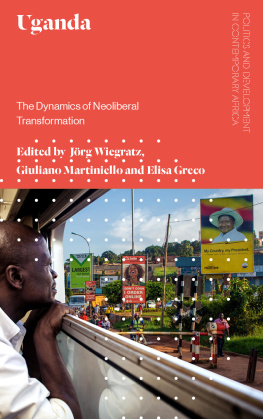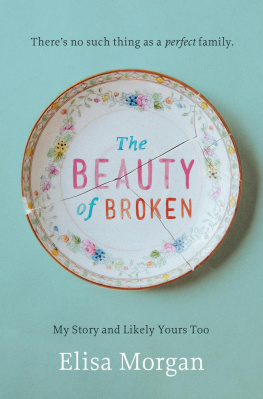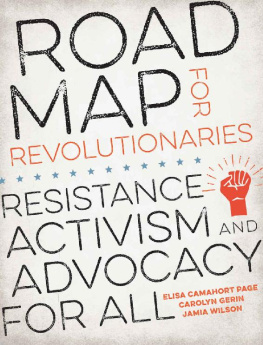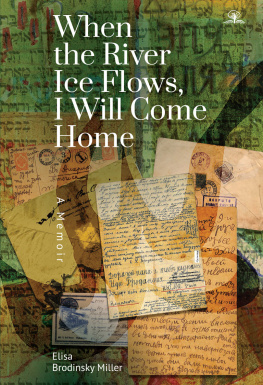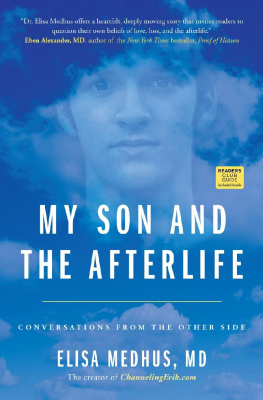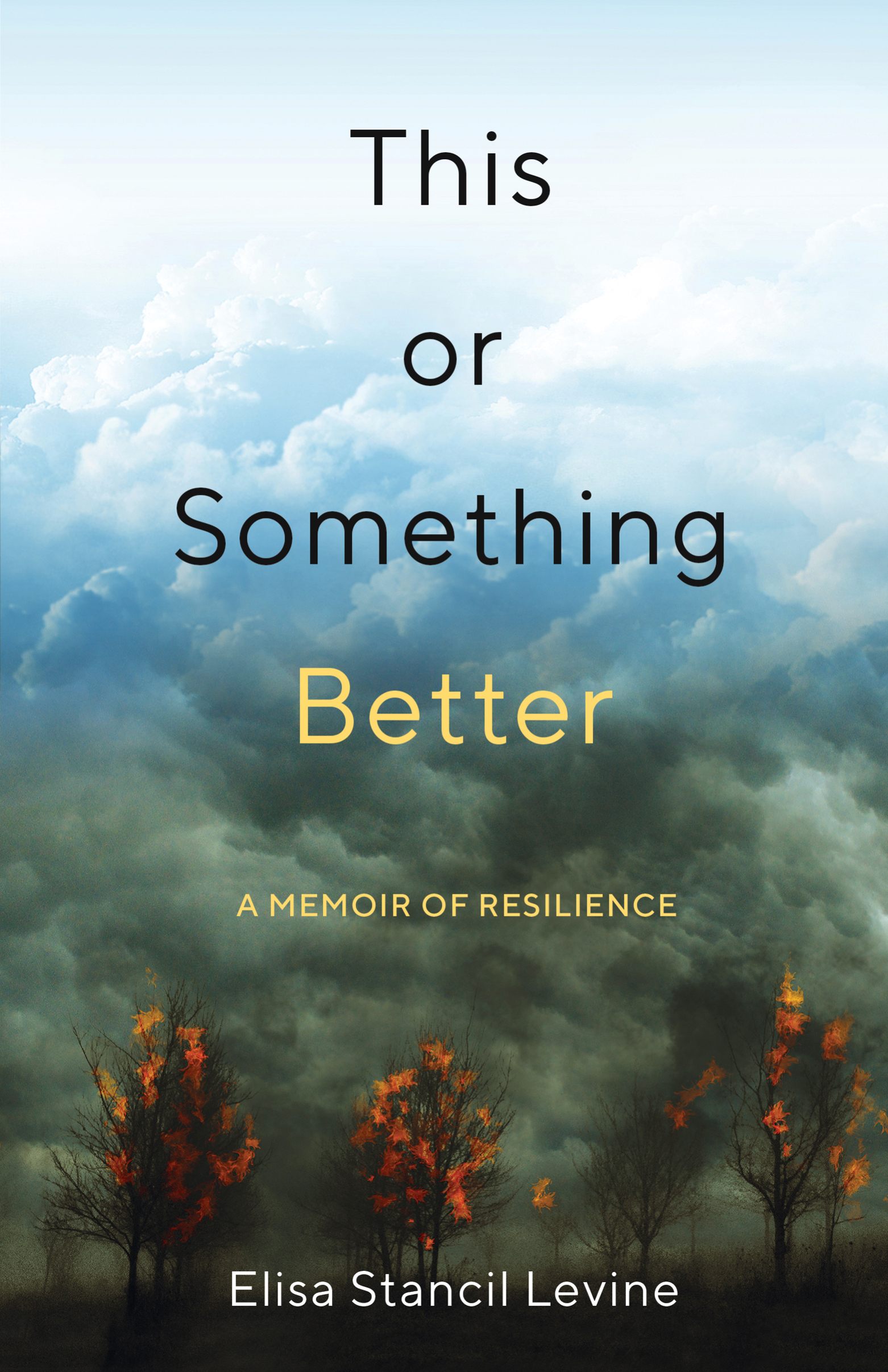Contents
Guide
Pagebreaks of the Print Version
This SomethingBetter
A MEMOIR OF RESILIENCE
Elisa Stancil Levine

Copyright 2022, Elisa Stancil Levine
All rights reserved. No part of this publication may be reproduced, distributed, or transmitted in any form or by any means, including photocopying, recording, digital scanning, or other electronic or mechanical methods, without the prior written permission of the publisher, except in the case of brief quotations embodied in critical reviews and certain other noncommercial uses permitted by copyright law. For permission requests, please address She Writes Press.
Published 2022
Printed in the United States of America
Print ISBN: 978-1-64742-361-2
E-ISBN: 978-1-64742-362-9
Library of Congress Control Number: 2021923160
For information, address:
She Writes Press
1569 Solano Ave #546
Berkeley, CA 94707
She Writes Press is a division of SparkPoint Studio, LLC. All company and/or product names may be trade names, logos, trademarks, and/or registered trademarks and are the property of their respective owners.
Names and identifying characteristics have been changed to protect the privacy of certain individuals.
This memoir is dedicated to my husband, Chuck, and my son, James, whose acceptance, love, and humor illuminate my world. And to all our family, both on the earth and departed, thank you for the memories herein.
Contents

Firestorm, Sonoma Mountain,2017
The scent of smoke, serious forest smoke, startles me from a deep sleep. My husband, Chuck, slumbers on. Both of us are jet-lagged from our flight from Prague the day before. I rise and stand naked before the floor-to-ceiling bedroom windows and see the familiar, dark outlines of the trees on our slopeno sign of fire. I go to the front patio for an unobstructed view, and there, across the valley, I see a blazing cauldron of flames. Fierce hot winds swirl my hair, and all around me the undeniable, insistent smoke builds.
I rush upstairs to Chucks office and see the fire in the distance grow brighter, surging higher and higher with the wind. Our ranch, halfway up Sonoma Mountain, is bordered by forestthousands of acres of wild land. Our redwood house is at the end of the one and only road down this side of the mountain. We are vulnerable.
I wake Chuck. He sits up, finds his glasses, and hastens up the spiral staircase to his office tower. The blaze is miles away, yet the smoke is denseeerily dense for a fire so distant.
Its not a little fire, Chuck says when he returns to the bedroom. As he pulls on his jeans and sweatshirt, he continues. I think you should make all the decisions. Youve had experience with crises. I trust you.
For a second this surprises me. Not that he trusts me, but that he will abdicate control. For many years we dated bicoastally, and though weve lived together for ten years, we lead independent lives. But I see his point. Two type A personalities tussling for control in an emergency is counterproductive. Chucks split-second decision makes sense. I will lead.
Okay, then. Get your meds, your wallet, your hard drive. Were leaving, I say. My running clothes are beside the bed; in a flash I am dressed, trail shoes laced. I grab my laptop, passport, and wallet from my office and dash into the closet for my favorite jewelry, stuffing everything into a duffel bag.
Within minutes the inferno across the valley has tripled in size. As we hustle to the car, I grab two sheep markers from the junk drawer in the kitchen. Ranchers know how hard it is to identify loose horses in the aftermath of disaster, and these two giant crayonsone blue, one yellowcomprise my nave emergency preparedness plan in its entirety.
Down by the barn, powerful winds push broken branches and swirls of leaves sideways across the moonlit pasture. Buzz, a black-and-white paint horse, and Brewster, a big-hoofed brown quarter horse, approach in the darkness and stand heads up, alert. We cannot get the horses out. Brewster refuses to trailer; he requires sedation, and we have no sedation. Besides, we lent our truck to a friend, so we have no means of transporting them. The horses will have to stay.
I try the markers, intending to write Chucks cell number in broad yellow strokes on the side of the dark horse and in blue on Buzz. Though the markers have never been used, they are dried up and leave no mark at all. Chuck opens the gate between pastures, giving the horses room to roam, calling out to me, Elisa, turn off the electric fence. If the fire gets close, they will break through and make a run for it.
Make a run for it? Fear courses through me, bright as lightning. How can we leave the horses? It makes sense that we cant take them with us, but now I see the bare truth. We are abandoning them.
Lets go to the fire station and find out whats going on, I call back as I switch off the fence. The fire station is only a mile and a half away, in the small town of Glen Ellen. We need more data before we can decide what to do. Seventy-mile-an-hour wind pushes hot air against the car door. I struggle to take my seat beside Chuck. The horses watch us drive away.
When I was eleven, a wildfire charred 96,000 acres in a California mountain canyon where my family had a house beside the American River. For days that fire raged, and each night bright ash rained down like falling stars. Standing side by side at a table set up near the road, I helped my efficient mother make sandwiches for hundreds of firemen and convicts working the fire line. The men moved past us, silent. Soot and ash, smoke and sweat permeated the air. My older brother was asked to volunteer as a sharp-shooter near the bulldozed firebreaks. To prevent the spread of fire, he shot burning animals as they dashed from the flames. The inferno raged on, and our family was forced to evacuate. That fire expired when it reached the river.
Now this fire, more than fifty years later, with its wild wind and eighty-five-degree midnight temperaturethis fire is a beast. We are unprepared. As Chuck drives down the mountain, I retrieve a clipboard and pencil from my bag, planning to make a list to somehow structure the mounting unknown.
Okay, listen, no matter how long this lasts, I tell him, the only things we will need are resilience and patience. I write these down. The rest of the page remains blank. I can think of nothing more to add. As we speed downhill, my favorite homes shine bright, each a compass point in my peripatetic past.
My husband grips the steering wheel tightly, peering straight ahead.
Resting my hand on his tense forearm, I take a few deep breaths for both of us. In stressful times I often make pronouncements, a way of coping.
Remember, Chuck, everything we have, everything we have had, we will always have had. I mean, no matter what happens, the house behind us is everything I always wantedand for decades thought I might never have. There, open rooms are layered with travel mementos. Family portraits capture a history of both want and ease, and furniture from junk stores mixes in with fine antiques. This is our home in the Sonoma wine country of Northern California.
Chuck remains silent as he drives us over the narrow bridge in the center of town and rounds the bend to the fire station. Before we reach there, I add, Thank you, sweetheart. Gratitude, like a prayer, might serve as insulation to protect us from the fear, the flames, the unknown.


